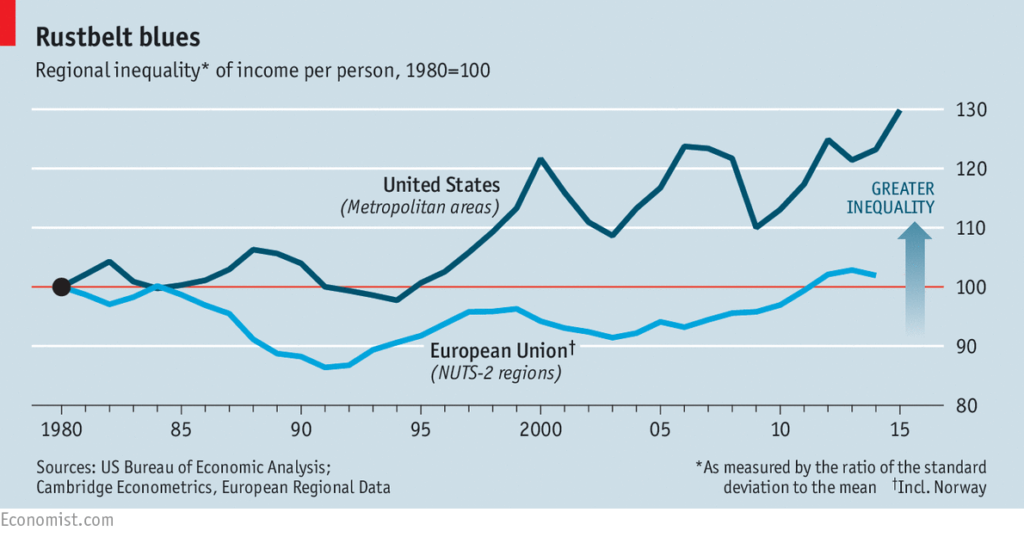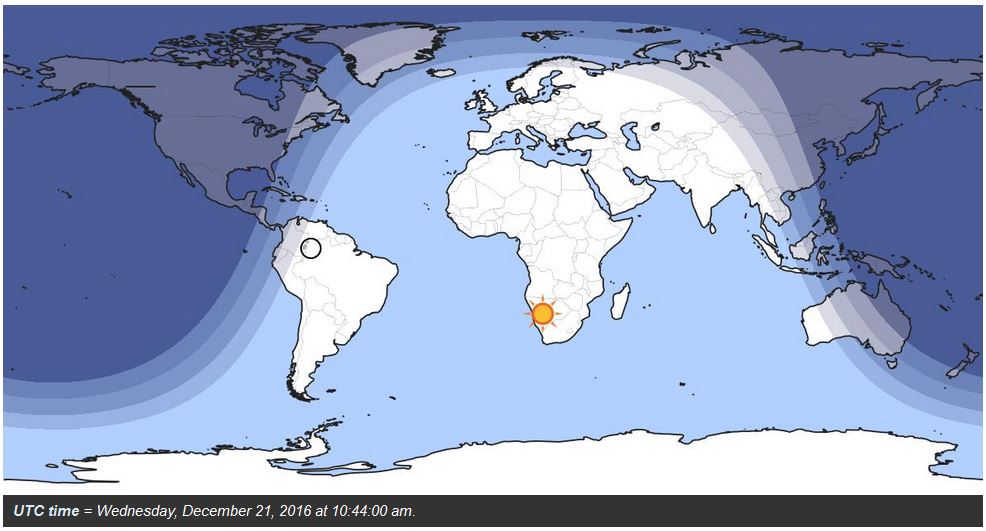“It’s tough to make predictions. Especially about the future.” – Yogi Berra
Since you have already plunged a stake into the heart of 2016, it is time for some predictions about 2017, which most likely, won’t happen. We can expect the following:
- There will be more global political and social turmoil:
- The EU could collapse. France is a Marine LePen government away from pursuing an exit from the EU, so there would be a Frexit to go along with Brexit.
- China’s economy is wobbling, and China’s president Xi has leaned into a populist message:
On this New Year, I am most concerned about the difficulties of the masses: how they eat, how they live, whether they can have a good New Year…
- The US will continue to lose influence globally despite “Mr. Unpredictable” becoming our Orange Overlord: Trump brags about winning when he negotiates. That has been undeniably true in his real estate and name brand licensing. He will find that when the other side doesn’t need access to his brand in order to succeed, he will have to resort to instilling fear. That may work once, but it will not work consistently.
- A corollary: Trump arrives in the Oval Office as an overconfident leader, the man with no plan but with a short attention span, and within six months, he will have his first major policy failure. Getting his hand burned will make him more subdued, more conservative and less populist thereafter.
- A second corollary: The triumvirate of Russia/Turkey/Iran will elbow the US firmly out of the Fertile Crescent, and secure friendly regimes in Damascus, Baghdad and Tehran. This will push American influence in the Middle East back to just the Gulf States, a weakened Saudi Arabia, and an increasingly isolated Israel.
- Domestically, drug abuse, suicide, and general self-destructive behavior will continue to climb and become impossible to ignore.
- The Trump stock market rally has already turned into the Santa Selloff. The Dow peaked on December 20 at 19,975, 25 points away from party-hat time. But since then, Dow 20,000 slipped through our fingers like sand. It closed the year at 19,719, down 281 points from 20k.
- Regarding the stock market, many people who want to sell stocks waited until 2017 in order to pay lower capital gains tax. Selling in January could lower prices further.
- The growing antibiotic resistance to main stream drugs will impact health in the US.
Meta Prediction: It is certain that few Trump voters will get the results they voted for. Some people who voted for Trump have incompatible outcomes in mind, so it’s a virtual guarantee that a sizable minority are going to feel cheated when they fail to get what they were promised.
OTOH, when Trump fails, most of his base will blame anyone but the Donald. The question is, when disillusionment sets in, will the reaction be a turning away, or a doubling down on the anger?
Wrongo thinks anger will win out.
The coming Trump administration will seem like a fractious family outing: Just under half of the family (the “landslide” segment) wanted to go out, but now, the whole family has to go. Those who wanted to stay home will sulk in the back seat while Daddy tells them to stop bitching.
Meanwhile, once we are out of the driveway, it dawns on everyone that Daddy hasn’t decided yet where to go. Everyone pipes up with suggestions, but Daddy again tells everyone to shut up, because it’s his decision alone. There will be the usual “are we there yet?” complaining, some motion sickness and incessant fighting over who is touching whom.
Daddy won’t reveal the destination, but insists everyone will love it once they get there, even those who wanted to stay home, those who wanted to go the beach, and those who wanted to head over the cliff like Thelma and Louise.
Time for our Monday Wake Up Call, “Wake Up Everybody”, originally by Harold Melvin and The Bluenotes, featuring Teddy Pendergrass. Teddy left the group for his solo career after this album.
But, today we will hear and watch John Legend’s cover of the tune, backed by the Roots Band along with Melanie Fiona, and Common. The song is as strong as it was 42 years ago when it was released:
Those who read the Wrongologist in email can view the video here.


